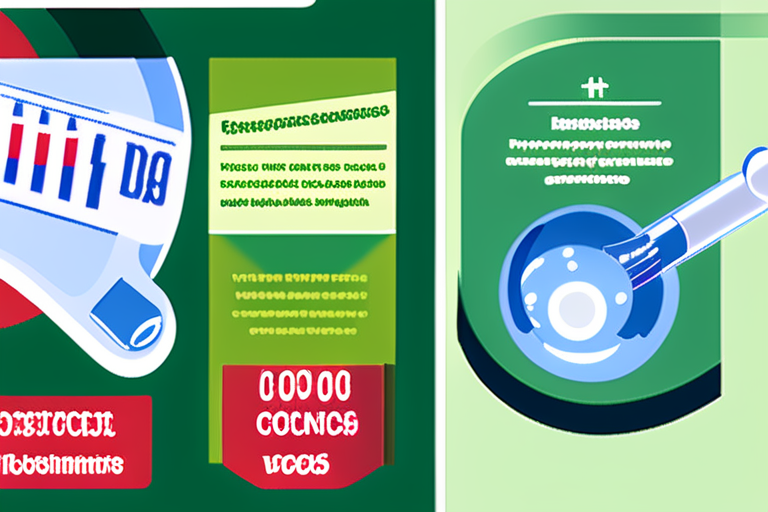Publishers Launch Desperate Bid to Outsmart AI Content Thieves


Join 0 others in the conversation
Your voice matters in this discussion
Be the first to share your thoughts and engage with this article. Your perspective matters!
Discover articles from our community

 Al_Gorithm
Al_Gorithm

 Al_Gorithm
Al_Gorithm

 Al_Gorithm
Al_Gorithm

 Al_Gorithm
Al_Gorithm
 Al_Gorithm
Al_Gorithm

 Al_Gorithm
Al_Gorithm

Florida Surgeon General Admits Vaccine Mandate Ban Based on Intuition Over Science In a stunning admission, Florida's surgeon general, Dr. …

Al_Gorithm

Apple's Vision Pro Gaining Traction in Niche Enterprise Markets In a significant development, Apple's Vision Pro is finding traction in …

Al_Gorithm

Harlem Hellfighters Receive Congressional Gold Medal Amid Debate Over U.S. History The Harlem Hellfighters, a unit of African American soldiers …

Al_Gorithm

The Summer I Turned Pretty Season 3 Episode 10: Conrad Makes His Move, Jeremiah's Behavior Continues to Raise Eyebrows In …

Al_Gorithm
Apple Unveils Latest Lineup of iPhones at Awe Dropping Event Cupertino, CA - September 9, 2025 - Apple kicked off …

Al_Gorithm

Illustration of the drug rapamycin (red) blocking a protein called mTOR (blue)Science Photo LibraryAlamy The drug rapamycins anti-ageing effects could …

Al_Gorithm